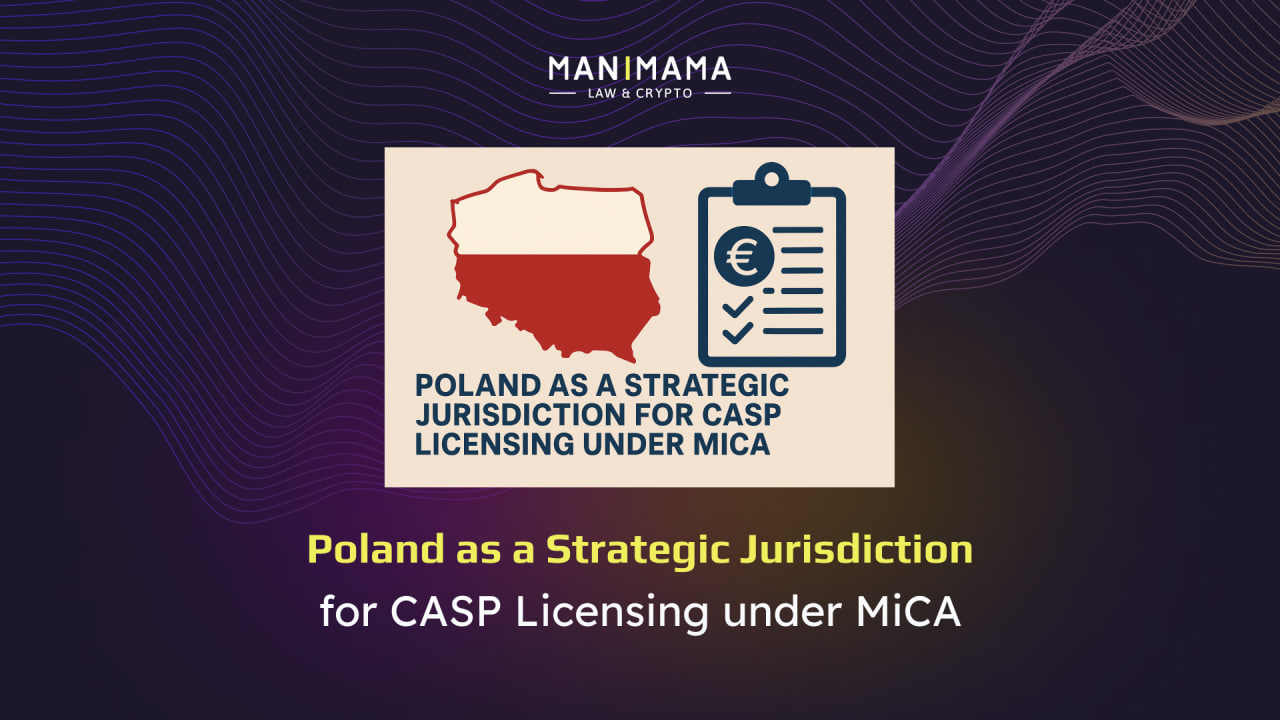Company registration is the process of formalizing the status of a legal entity in accordance with the laws of a certain country. During this process, the company is officially recognized as a legal entity with its own legal capacity.
To receive this status, it is necessary to provide certain documentation and fulfill the requirements established by the state authorities. Due to registration, the entity is able to conduct commercial activities, conclude contracts, participate in court proceedings and perform other legally significant actions.
If you plan to start a business in Europe, Switzerland is an excellent choice for registering your company. The Manimama team has conducted in-depth research, analyzed the main subtleties of incorporating in Switzerland, and is ready to share its results and help you choose the right jurisdiction.
What are the main advantages of incorporating a company (business) in Switzerland?
- Promising location
Located at the heart of Europe, Switzerland provides seamless access to EU markets despite not being an EU member. Its advanced transport infrastructure ensures efficient logistics operations. The country’s political neutrality and stability instill confidence in international investors, making Switzerland a reliable partner for global business ventures.
- Stable economic climate and sound legal framework
Switzerland offers unmatched business stability thanks to its robust economy and strict adherence to legal regulations. This creates a secure environment where entrepreneurs can accurately assess risks and strategize growth. The country’s transparent and sound legal framework safeguards corporate interests and fosters long-term success for businesses.
- Favorable tax system
Switzerland’s competitive tax framework features low rates at both federal and cantonal levels. The federal corporate tax is just 8.5%. In contrast, consolidated rates, including cantonal and municipal taxes, range from 11.85% in Zug to 14% in Geneva. This system enables businesses to optimize costs while providing flexibility for multinational corporations through individualized tax agreements.
- Highly skilled workers
Switzerland’s world-class education system ensures access to highly skilled professionals. Engineers, scientists, and IT experts trained through cutting-edge programs become invaluable assets for innovative companies. The country is a prime destination for businesses in the technology, healthcare, and research sectors.
- Access to global markets and financial resources
As one of Europe’s leading financial hubs, Switzerland offers unparalleled access to international markets and capital. Its infrastructure supports seamless connections with global partners, and its numerous banks and financial institutions cater to diverse business needs.
- Innovation and startup support
Switzerland actively encourages innovation and entrepreneurship through grants, tax incentives, and supportive programs. This nurturing environment allows innovators to bring their ideas to life. Additionally, the country is home to numerous research institutes that drive advancements in high-tech industries.
How to register a company in Switzerland and what are the main requirements for such registration?
Step 1. Initial setup
- Initiating a preliminary project assessment, assessing risks, choosing the type of company, preparing the necessary documents and obtaining the necessary permits, determining the time frame, budget, and resources required to complete the process.
- Preparation and filing of the package of documents.
Step 2. Company registration
- Verification and reservation of the company name at the Swiss Commercial Register
- Obtaining a Swiss address for the future company
- Formation of share capital before the company is set up: this requires offline verification with the bank; once the bank has opened an account, it will send you a notification to your Swiss address that the account has been opened, together with the details; thereafter, the set capital must be formed; receiving a bank statement confirming the formation of the capital
- Facilitating the notarial process for the company’s official registration
- Submission of the necessary documents and information into the Swiss Trade Register
- Obtaining the Certificate of incorporation issued by the Swiss Trade Register and Articles of Association
- VAT registration: when a Swiss-registered company earns more than CHF 100,000 (approx. €104,163) in annual revenue, it is obliged to register for VAT
Requirements for registering a company in Switzerland on the example of a Limited Liability Company (LLC) / a Gesellschaft mit beschränkter Haftung (GmbH) and Joint Stock Company (JSC) / Aktiengesellschaft (AG):
- Shareholders: GmbH – it must have at least one shareholder, which can be an individual or corporate person of any residency. AG – there is a requirement to have at least one stockholder.
- Director: GmbH – the company must have at least one director, who is an individual with Swiss residency and subsequent directors may be non-residents. AG – at least one director or member of the board must have Swiss residency.
- Company secretary: GmbH – it is not mandatory. AG – not required.
- Minimum share capital: GmbH – it is CHF 20,000 (approx. €20,873) and the entire amount must be paid before company registration. AG – the minimum amount is set at CHF 100,000 (approx. €104,163) and at least 50% must be formed prior to the start of the registration procedure.
- Legal address: GmbH – the company is required to have its address in the country of incorporation (Swiss address) where the company’s accounting records will be kept. AG – the company is required to have a Swiss address.
- Liability: GmbH – all shareholders are jointly liable for the debts of the company up to the authorized principal amount. AG – the liability of the members is limited to their contribution to the capital of the company.
- Accounting: every Swiss company is required to keep accounting records and submit annual financial statements to the tax authorities. In addition, if the company is a VAT payer, then quarterly reports must be filed.
What do you have to know about taxes when registering a company in Switzerland?
The Swiss tax system is quite different from the traditional European one. The country is organized into 26 cantons, which, in turn, are divided into municipalities, so there are three levels of taxation.
Due to the tiered tax system, it is not possible to calculate average tax rates. Taxes are calculated based on specific figures for individual cantons and municipalities.
Corporate income tax (CIT):
Corporate income tax is divided into two categories:
- Federal income tax: it is a tax of 8.5% intended for the Confederation. It is the same in all cantons of Switzerland. It is charged by the cantons on behalf of the Confederation when a company files its annual tax return.
- Cantonal and municipal income tax: it varies from canton to canton and municipality to municipality.
The Swiss government does not issue separate corporate rates for cantonal and municipal levels, however, there are consolidated tax rates that already include rates for all three levels. For example, in Zug – 11,85%, Geneva – 14%, Fribourg – 13,87%.
Personal income tax (PIT):
The individuals taxed by federal and cantonal/municipal income tax are resident or domiciled in Switzerland.
A person is deemed to be resident in Switzerland if he or she, without any significant interruption:
- resides in the country for at least 30 days and has a paid job there;
- resides in the country for at least 90 days without being gainfully employed.
!The tax rate for individuals is progressive, with a maximum rate of 11.5% at the federal level.
There is no federal tax for individuals with a taxable income of less than CHF 14,500 (approx. €15,136) and for married couples with a taxable income of less than CHF 28,300 (approx. €29,541).
Value-added tax (VAT):
- The standard rate is 8.1%.
- The reduced rates are 3.8% (accommodation including breakfast), 2.6% (medicines, food, newspapers, books) and exemption from VAT (health, education, rent on property, culture).
Companies with an annual turnover of more than CHF 100,000 (approx. €104,163) are subject to VAT. They have to register with the Federal Tax Administration (FTA) and report their sales annually. Upon registration, they are assigned a VAT number. This also concerns companies based abroad if they provide services in Switzerland.
The application procedure is done online: the FTA specifies whether the business must pay VAT and the company must indicate how it intends to account for VAT.
For readers
Manimama provides assistance in choosing the right jurisdiction for company incorporation and in registering a business specifically in Switzerland. We have a good understanding of the tax and legal peculiarities of specific jurisdictions, which helps our clients make an informed choice based on their unique needs and development strategies. In our work, we take into account factors affecting the business environment, such as the level of competition, access to financial and human resources, as well as opportunities for further growth and development in different jurisdictions.
By choosing our company formation service in Switzerland, you are working with a law firm that values integrity, competence, and client satisfaction. Let us help you set up a company in Switzerland and pave the way for your business success!
Our contacts
If you want to become our client or partner, feel free to contact us at support@manimama.eu.
Or use our telegram @ManimamaBot and we will respond to your inquiry.
We also invite you to visit our website: https://manimama.eu/.
Join our Telegram to receive news in a convenient way: Manimama Legal Channel.
Manimama Law Firm provides a gateway for the companies operating as the virtual asset wallet and exchange providers allowing to enter to the markets legally. We are ready to offer an appropriate support in obtaining a license with lower founding and operating costs. We offer KYC/AML launch, support in risk assessment, legal services, legal opinions, advice on general data protection provisions, contracts and all necessary legal and business tools to start business of virtual asset service provider.
The content of this article is intended to provide a general guide to the subject matter, not to be considered as a legal consultation.











